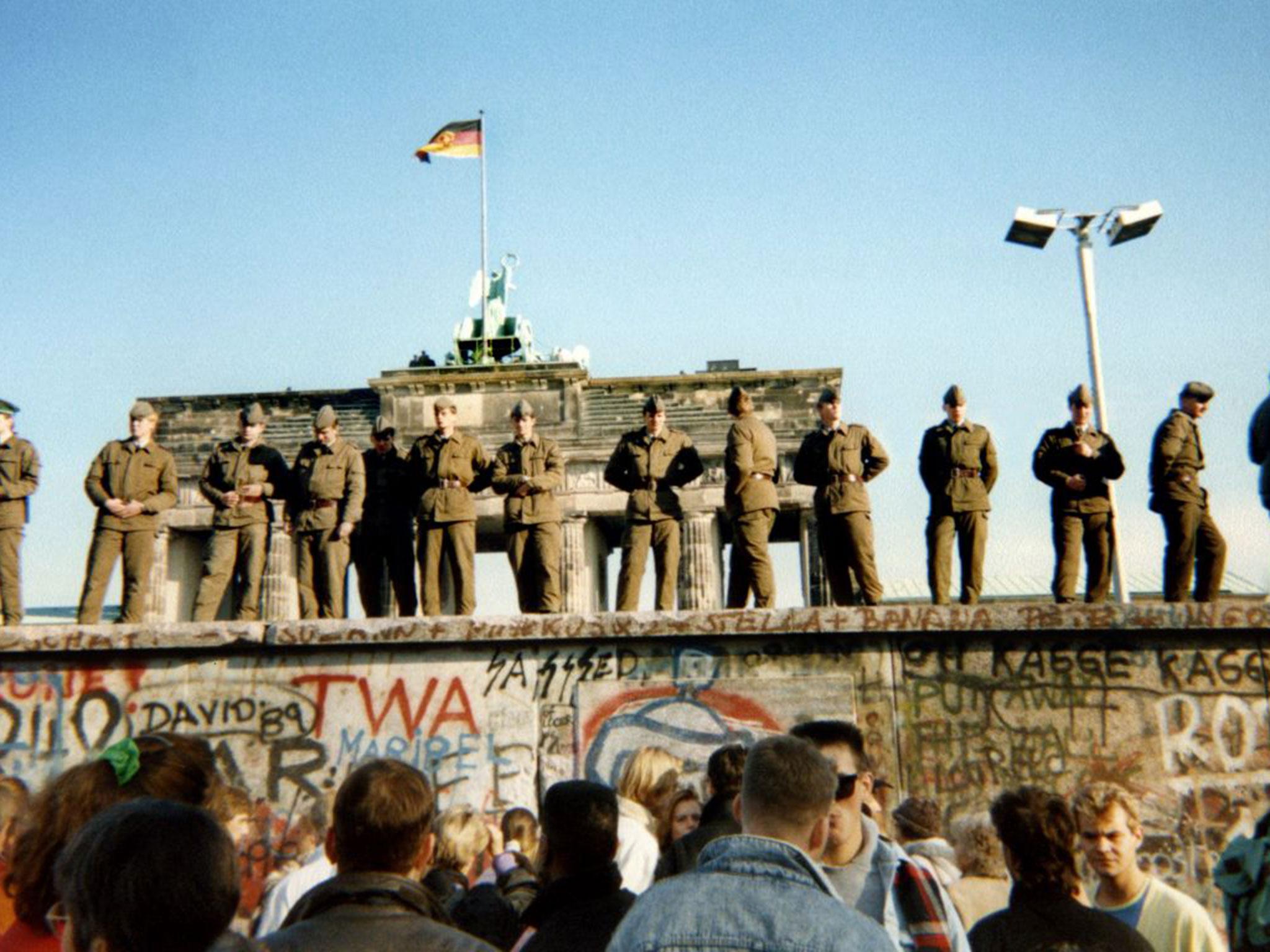Twenty-five years after the Berlin Wall fell, Hungary’s PM thinks it is Western capitalism that is in its death throes
Despite his unpopular proposal to tax the internet, Viktor Orban is a wily, authoritarian leader succeeding in many of his aims


Exactly 25 years ago, Hungary was the first East European state to tear down the walls that kept its citizens locked up. Is the powerful government of Viktor Orban in the process of reconstructing them? Some of his opponents think so. The leader of a mass movement to resist Mr Orban’s proposed internet tax says, “This is limiting free access to the internet and information. It is an attempt to create a digital iron curtain around Hungary.”
The proposal is to levy a charge of 150 forints – 39p – for every gigabyte of data used. The government denied it was a tax on freedom of information, merely an extension of an existing tax on telephone use, reflecting the movement of business to the internet. It would, however, be the first such tax in the world, and has put tens of thousands on the streets in protest. In response the government announced a cap on the tax of 700 forints (£1.82) for individuals and 5,000 forints for businesses.
The protests against the tax in Budapest this week make it look as if Mr Orban has bitten off more than he can chew; as if he is the tone-deaf successor to the Stalinist leaders of the 1980s who were so dramatically routed when the Berlin Wall came down. But that would be to underestimate this wily, authoritarian politician whose grip on Hungary is stronger than ever after another electoral avalanche this month.
In its third triumph of the year, Orban’s Fidesz party trounced rivals at local and municipal polls and Orban, who emerged as a champion of democracy in 1989 as the Warsaw Pact collapsed, faces no more tests of popularity until 2017, when he is expected to make a bid for the presidency. So what is he going to do will all this power?
Despite his identification with 1989, when East Europe turned its back on the Soviet Union and embraced the values and the economic model of the West, he is now seen as leading the charge in the opposite direction. Similar trends are appearing in other states that enjoyed their moment of post-Communist catharsis: the Czech Republic, Slovakia, Poland and Serbia have all shown signs of wobbling in their allegiance to the EU and Nato since Putin’s takeover of Crimea: fear of the big bad bear, which dominated west European politics throughout the Cold War, is back with a vengeance.
But in Orban’s case the change of direction appears less a matter of crude geopolitical calculation, more a philosophical turnabout. The defining moment – appalling to Western ears – came in July, when in a complex and nuanced speech he described Russia as providing an example of how “we have to abandon liberal methods and principles of organising a society … because liberal values [in the West] today incorporate corruption, sex and violence.”
According to one Orban-watcher, who has known him since 1989, Hungary’s Prime Minister has come to believe that the economic crash of 2008 rendered 1989 irrelevant.
The tottering of the world’s financial system ripped up the rules about how economies should be run, and in particular killed off the idea that orders emanating from Washington, the IMF and the World Bank were there to be obeyed. And despite its small and relatively weak economy Hungary, which had stayed out of both the euro and Nato, was a free agent.
So Orban, who has pretensions to being a political philosopher as well as a practical politician, is inventing policy from the ground up: slashing income tax; devaluing the forint to boost export markets (Mercedes recently opened a new factory); doing what Ed Miliband promised and forcing the energy companies to cut their tariffs by 30 per cent; and doing everything in his power to keep on the good side of Vladimir Putin – refusing to sell Russian gas on to the Kiev government, for example.
The crisis in 2008 was the harbinger of the West’s destruction, in Mr Orban’s view. He plans to keep Hungary well away from the wreckage when the Western countries go bankrupt, as he appears to hope they will, just as the Soviet Union did a generation ago.

Join our commenting forum
Join thought-provoking conversations, follow other Independent readers and see their replies